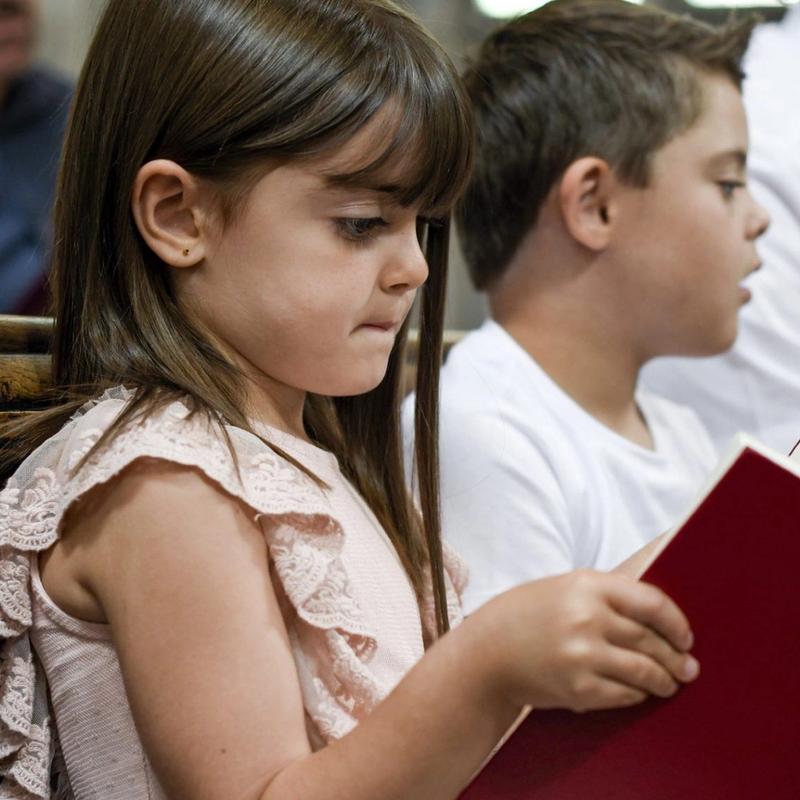No one likes to be told they’re wrong, and certainly our stiff-necked selfish habits are more comfortable than the life of obedience and faith we’re called to (Acts 7:51). And yet, every parent knows that correction is an essential aspect of child-rearing. Children teach us the need for and the goodness of godly discipline.
Instruction and correction are important both practically and spiritually. Consequences exist in this world that God has ordered. There are consequences for breaking a covenant, for lying and cheating, for being unfaithful, for being slothful or greedy. The Old Testament outlines God’s covenant with Israel, with blessings promised for obedience, and curses for disobedience. Many of these we see play out in the stories of the Israelites, and others we see specifically addressed in King Solomon’s book of Proverbs.
Proverbs begins with, “Hear, my son, your father’s instruction, and forsake not your mother’s teaching, for they are a graceful garland for your head and pendants for your neck” (Prov. 1:8–9). Correction is not a cone of shame, but a crown of grace! Paul echoed these sentiments when he wrote to the church in Corinth: “I am writing this not to shame you but to warn you as my dear children. Even if you had ten thousand guardians in Christ, you do not have many fathers, for in Christ Jesus I became your father through the gospel” (1 Cor. 4:14–15).
Paul even emphasizes the nature of a parent-child relationship in which correction so often comes. It’s not enough that we have friends and colleagues to counsel, advise, and encourage us, we need authority figures in our lives to hold us accountable and to keep us from slipping. Proverbs 13:1 tells us that “A wise son heeds his father’s instruction” and later that, “Whoever spares the rod hates their children, but the one who loves their children is careful to discipline them” (Prov. 13:24).
Discipline is an act of love, like the pruning of a tree that it might bear more fruit: “No discipline seems pleasant at the time, but painful. Later on, however, it produces a harvest of righteousness and peace for those who have been trained by it” (Heb. 12:11).
Children––acting out from lack of knowledge, fear, anger, and self-centeredness––often mirror our own rebellious hearts. As we walk through the valley of the shadow of death, we must learn to love the rod and staff that both correct and comfort us.






